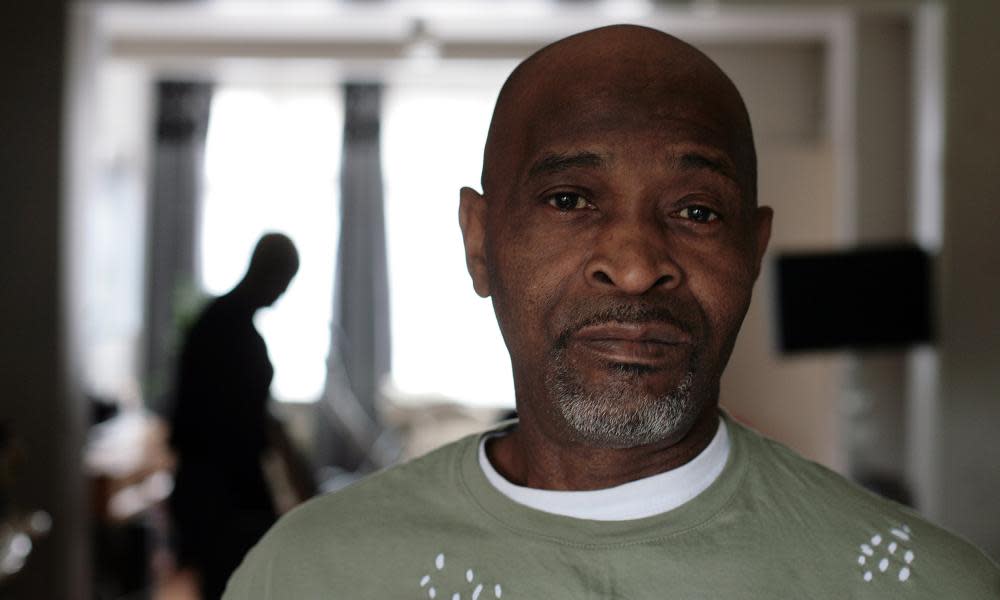Independent body should run Windrush compensation scheme, Labour says

Labour has called on the government to remove the handling of the much-criticised Windrush compensation scheme from the Home Office so it can be run by a neutral, independent body, after two years of complaints from claimants about delays and low compensation offers.
In a letter to the home secretary, Priti Patel, the shadow home secretary, Nick Thomas-Symonds, said there had been “systemic mismanagement” of the “unacceptably slow” scheme, and recommended that placing it under an independent body would “help restore faith in the process and get compensation quickly to people who have been so appallingly treated”.
However, three years after the government apologised for misclassifying thousands of legal UK residents as illegal immigrants, and just over two years after the launch of the compensation scheme, some campaigners believe that moving the scheme at this relatively late stage would simply lead to further delays.
Jacqueline McKenzie, who has worked with the Black Cultural Archives to help about 130 people to claim compensation and is in the process of assisting another 180 people to submit claims, said it was a mistake to place the scheme in the Home Office’s hands originally, but moving it at this stage would cause chaos. “It needs better independent oversight to improve things – particularly the failure to compensate for lost pensions and the low levels of compensation for loss of employment – but to take it away at this stage will just result in further delays,” she said.
Related: 'Lambs to the slaughter': 50 lives ruined by the Windrush scandal
Home Office figures show that only 687 people have received compensation out of the 11,500 who officials estimated might be eligible, given that the government’s mistake in categorising them as immigration offenders led to them losing work, housing, pensions, medical treatment and, in extreme cases, saw some people arrested, detained and removed to countries that they emigrated from as children in the 1950s and 1960s.
The department has acknowledged that there have been long delays in processing payments and has promised to speed up the process. However, at least 21 people have died after applying for compensation but before receiving it.
Improvements were announced to the scheme in December, including the introduction of a £10,000 payment for everyone eligible, which was due to be paid out swiftly while the detailed compensation application was assessed. Some lawyers assisting claimants say they have noted faster processing times since these reforms, but others are still concerned by long delays and low offers.
A recent National Audit Office report warned that the scheme was “not meeting its objective of compensating claimants quickly”.
The Windrush campaigner Patrick Vernon was joined by Michael Braithwaite, Glenda Caesar and Anthony Bryan – all of whom were wrongly classified as immigration offenders by the government – to deliver a petition to Downing Street on Friday signed by more than 95,000 people, including the actors Thandiwe Newton and Lenny Henry, also calling for improvements to the scheme.

The most senior black official working for the compensation scheme, the civil servant Alexandra Ankrah, who was head of policy, resigned last year describing the scheme as systemically racist and unfit for purpose. She said some of her colleagues administering the scheme displayed a “complete lack of humanity” during their work.
Anthony Bryan, who was twice arrested and wrongly held for five weeks in immigration removal centres and booked in November 2017 on a flight back to Jamaica, the country he had left when he was eight in 1965, said he supported the idea of moving the handling of the scheme to another department.
Bryan, whose experiences were dramatised in the Bafta-winning film Sitting in Limbo, lost his job because of the Home Office mistake. However, he was not offered compensation for loss of employment and felt that the rejection suggested the Home Office continued to disbelieve his account of his experiences.
“The Home Office shouldn’t be policing itself. They are still picking out things that they don’t believe. Even if you don’t want to be bitter, you still end up feeling bitter,” he said.
“At least if it was moved to another department we would feel satisfied that the people who are dealing with us are treating us fairly.”
But the Home Office said moving the scheme at this stage would risk significantly delaying payments. A spokesperson said: “We are determined to put right the terrible injustices faced by the Windrush generation by successive governments. This is why we established the compensation scheme. But we know there was more to do, which is why the Home Secretary overhauled the scheme last year.
“These changes are working, with nearly £30m now paid or offered and we continue to work hard to ensure people receive everything they are entitled to as quickly as possible.”

 Yahoo Movies
Yahoo Movies 
